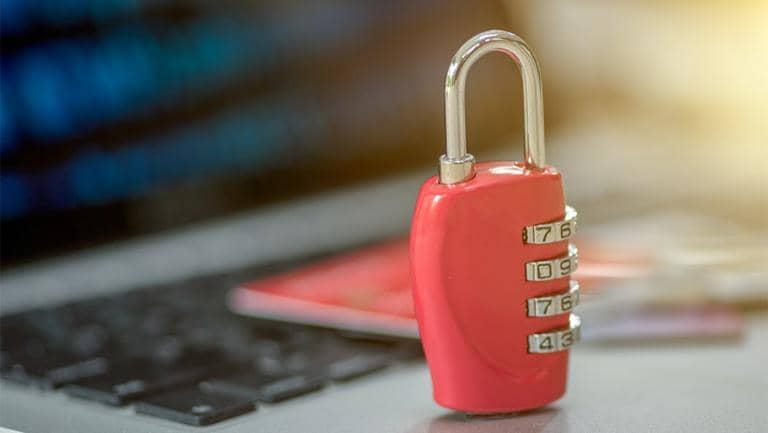
Fraud awareness and digital security
Smart tips to help protect yourself online, keep your personal data safe, avoid fraud and how to contact us if you suspect of misuse on your account.

Fraudsters manipulate victims into providing confidential information or other actions that will compromise their security using social engineering techniques known as phishing, vishing and smishing.
Phishing is the fraudulent use of emails to manipulate targets into revealing passwords and sensitive information or transferring money into other accounts. Phishing messages often contain links to fake websites that request password and account information or install viruses on to your devices.
Vishing is the fraudulent use of phone calls or voice messages to impersonate trusted organisations to obtain sensitive information. Smishing is the fraudulent use of SMS text messages to get targets to click malicious links or hand over private information. Bank impersonation is a type of vishing and/or smishing, and both forms of fraud are growing threats.
Fraudsters can pretend to be someone you legitimately owe money to, such as a school, solicitor, holiday company or builder/decorator by taking over compromised email addresses or creating ones that look genuine. They send an invoice or bill either requesting payment or asking you to change the details of the account you pay into, which is an account that they control. They may also intercept on going email conversations.
Cyber fraud involves malicious software, known as malware, that can infiltrate your computer system, smartphone or tablet, to access your logins and personal information. It might be sent in a link or hidden in software that seems genuine, and infiltrate your systems without you even knowing. Using public Wi-Fi insecurely can make it easier for fraudsters to gain access to your devices or access your information, because the network is less secure.
Card fraud can happen when a fraudster gets access to your personal information or steals your credit or debit card details. This lets them spend with your card. They may get access to your card details by intercepting your account information when you’re shopping or subscribing online, stealing your card or ‘cloning’ your card using a ‘swipe machine’. Once they’ve got your information, they can buy things with your money, open new accounts and apply for loans in your name or have new credit or debit cards sent to them. Cheque fraud happens when someone steals or copies a cheque, often to buy high-value goods.
Fraudsters can pose as salespeople or bank employees, offering investment opportunities such as shares, gold, bonds or digital currency with the promise of great returns. They often use hard-selling tactics to persuade you and may suggest that the offer is time-limited. Scammers may praise your understanding of risk and say you’ve been selected for an ‘exclusive’ chance.
The shares they’re pushing may be listed on an illiquid market so can’t be sold, or may be a small unquoted company that, the fraudster claims, is planning to list. In other cases, the company may not exist or the share certificates are fake.
Smart tips to help protect yourself online, keep your personal data safe, avoid fraud and how to contact us if you suspect of misuse on your account.